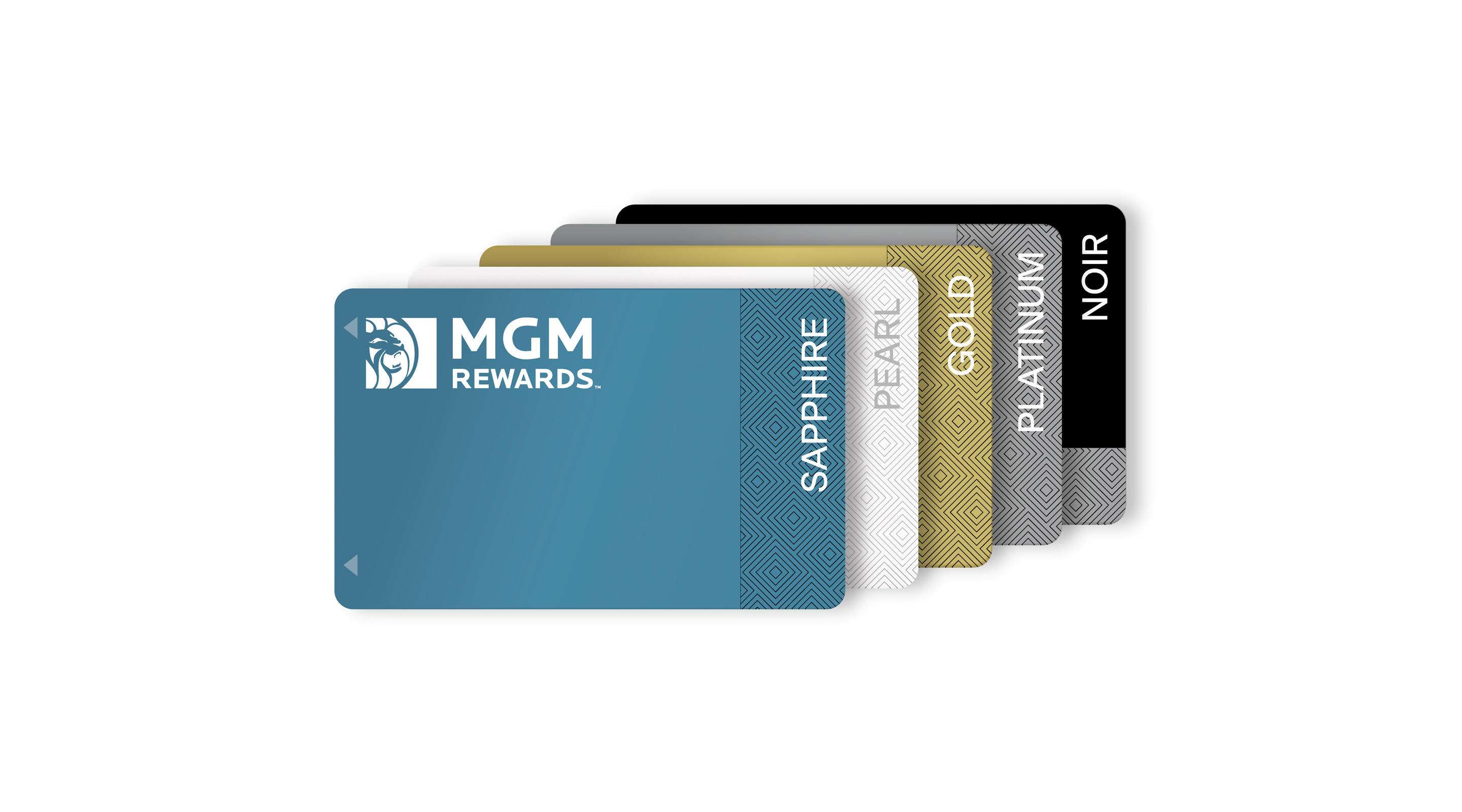Home>Finance>How To Get A Credit Card With Student Loan Debt


Finance
How To Get A Credit Card With Student Loan Debt
Modified: December 29, 2023
Discover how to obtain a credit card amidst student loan debt and manage your finances effectively. Don't let financial burdens hold you back.
(Many of the links in this article redirect to a specific reviewed product. Your purchase of these products through affiliate links helps to generate commission for LiveWell, at no extra cost. Learn more)
Table of Contents
Introduction
Student loan debt can be a significant financial burden for many individuals. It might seem overwhelming to think about adding another financial responsibility like a credit card on top of your student loan payments. However, when used responsibly, a credit card can actually help you build credit, manage your expenses, and even earn rewards.
In this article, we will explore how to obtain a credit card while managing student loan debt. We will provide you with valuable tips and strategies to navigate the credit card application process, assess your financial situation, and effectively manage your credit and debt. By following these guidelines, you can take control of your finances and use credit cards as a tool to improve your overall financial well-being.
Understanding the relationship between student loan debt and credit card applications is crucial. Lenders consider several factors when evaluating credit card applications, and having student loan debt does not necessarily disqualify you from getting approved for a credit card. However, it’s important to approach the process strategically to increase your chances of success.
Assessing your financial situation is the first step to determining if you are ready to get a credit card. Consider your current income, expenses, and debt obligations, including your student loan payments. Understanding your financial standing will help you make informed decisions about managing your credit and debt responsibly.
Understanding Student Loan Debt and Credit Card Applications
When it comes to credit card applications, lenders typically evaluate various factors to determine your creditworthiness. One of these factors is your debt-to-income ratio (DTI), which is the percentage of your monthly income that goes towards debt payments. Student loan debt is considered a significant factor in assessing your DTI.
Having student loan debt doesn’t automatically disqualify you from obtaining a credit card. However, it is important to understand how it can impact your creditworthiness. A high DTI can raise concerns for lenders as it reflects a heavy debt burden, making it less likely for you to manage additional credit responsibly.
On the other hand, if you have been making consistent and timely student loan payments, it demonstrates your ability to handle debt responsibly, which may work in your favor when applying for a credit card. Lenders often look for a good payment history and responsible financial behavior when evaluating creditworthiness.
It’s important to note that each lender has its own criteria for approving credit card applications. Some may place more emphasis on your credit history and credit score, while others may take a holistic approach and consider various aspects of your financial situation.
As a responsible borrower, it’s essential to thoroughly research and compare credit card options. Look for cards that cater to individuals with student loan debt, offering competitive interest rates and rewards programs that align with your financial goals. Reading reviews and understanding the terms and conditions of each card will help you make an informed decision.
Lastly, keep in mind that applying for multiple credit cards within a short period can negatively impact your credit score. Each application triggers a hard inquiry on your credit report, which temporarily lowers your credit score. Therefore, it’s advisable to limit your credit card applications to those that best suit your financial needs and increase your chances of approval.
Assessing Your Financial Situation
Before applying for a credit card with student loan debt, it’s essential to assess your financial situation to determine if you are ready to take on this additional financial responsibility. Here are some key factors to consider:
1. Debt-to-Income Ratio (DTI): Calculate your DTI by dividing your total monthly debt payments by your monthly income. Ideally, your DTI should be below 35%. If your student loan debt takes up a significant portion of your income, it may be wise to wait until your DTI improves before applying for a credit card.
2. Credit Score: Check your credit score to understand your creditworthiness. A good credit score typically improves your chances of getting approved for a credit card. If your credit score is not where you want it to be, focus on improving it first by making timely payments and reducing your overall debt.
3. Financial Stability: Consider stability in your income and employment. Lenders often prefer borrowers with a steady source of income. If you have recently started a new job or have an unstable income, it may be wise to wait until you have a more stable financial situation before applying for a credit card.
4. Budgeting Skills: Evaluate your budgeting skills and ability to manage your expenses. It’s crucial to have a solid understanding of your spending habits and the discipline to stay within your budget. If you struggle with managing your current expenses, it may not be the right time to add a credit card to the mix.
5. Emergency Fund: Ensure you have an emergency fund in place before applying for a credit card. An emergency fund can help you cover unexpected expenses without relying solely on credit. It also demonstrates to lenders that you have a safety net to handle financial emergencies.
Taking these factors into account will give you a better understanding of your financial readiness to take on a credit card. If you feel confident in your ability to manage your finances and meet the obligations of both your student loan debt and credit card payments, you can move forward with the application process. However, if your financial situation requires some improvement, it’s important to address those areas before considering a credit card.
Tips for Getting a Credit Card with Student Loan Debt
Obtaining a credit card while managing student loan debt may seem challenging, but with careful planning and consideration, it is possible to navigate the process successfully. Here are some helpful tips to increase your chances of getting approved for a credit card:
1. Improve Your Credit Score: Take steps to improve your credit score before applying for a credit card. Make all your payments on time, pay down existing debts, and keep your credit utilization ratio low. A higher credit score will make you a more attractive candidate to lenders.
2. Research Credit Card Options: Look for credit cards that cater to individuals with student loan debt. Some cards offer rewards or benefits specifically tailored to help you manage your financial obligations. Compare interest rates, fees, and perks to find a card that aligns with your needs.
3. Start with a Secured Credit Card: If you have a limited credit history or a low credit score, consider applying for a secured credit card. With a secured card, you provide a refundable deposit as collateral, which reduces the risk for the lender. Make timely payments and responsible use of the card to build a positive credit history.
4. Consider a Co-Signer: If you are finding it difficult to get approved for a credit card on your own, you can consider asking a trusted family member or friend to co-sign the application. Keep in mind that this means they will share responsibility for the debt, so it’s essential to communicate openly and ensure both parties understand the implications.
5. Provide Proof of Income: When applying for a credit card, be prepared to provide proof of income. This demonstrates to the lender that you have the means to make monthly payments. Gather recent pay stubs or other documents that validate your income and stability.
6. Pay Off Debts: Reduce your overall debt to income ratio by paying off other outstanding debts, such as credit cards or personal loans. A lower debt load will make you appear more creditworthy to lenders.
7. Limit the Number of Applications: Submitting multiple credit card applications can negatively impact your credit score. Each application triggers a hard inquiry, which temporarily lowers your score. Only apply for cards that you genuinely need and that align with your financial goals.
8. Be Patient: Building credit takes time and patience. If you are unable to secure a credit card immediately, focus on improving your financial habits and continue making your student loan payments on time. Over time, as your credit improves, you will have more options available to you.
By following these tips, you can increase your chances of getting approved for a credit card while managing student loan debt. Remember that responsible credit card use can help you build a positive credit history and ultimately achieve your financial goals.
Building Credit and Managing Debt
Once you have obtained a credit card with student loan debt, it’s crucial to focus on building credit and managing your debt effectively. Here are some essential strategies to help you in this process:
1. Make Timely Payments: Pay your credit card bill on time every month to avoid late payment fees and negative marks on your credit report. Consistently paying your bills on time showcases responsible financial behavior and helps improve your credit score.
2. Pay More Than the Minimum: Whenever possible, pay more than the minimum required amount on your credit card bill. By doing so, you can reduce your outstanding balance faster and save on interest charges. Aim to pay off your credit card balance in full each month to avoid accruing unnecessary debt.
3. Keep Credit Utilization Low: Maintain a low credit utilization ratio, which is the percentage of your credit limit that you use. Ideally, try to keep your utilization below 30% to demonstrate responsible credit management. For example, if your credit limit is $1,000, try to keep your balance at or below $300.
4. Monitor Your Credit: Regularly check your credit report to identify any errors or discrepancies. Monitoring your credit can help you catch identity theft or fraudulent activity. You can obtain a free copy of your credit report once a year from each of the three major credit bureaus: Equifax, Experian, and TransUnion.
5. Limit New Debt: Be cautious about accumulating additional debt while repaying your student loans. Avoid maxing out your credit cards or taking on other loans that may strain your finances. Focus on managing your current debts and maintaining a responsible credit utilization ratio.
6. Create a Budget: Establish a budget that includes your student loan payments, credit card bills, and other necessary expenses. Tracking your income and expenses will help you stay on top of your financial obligations and avoid overspending.
7. Explore Debt Repayment Options: If your student loan payments are causing financial strain, consider exploring repayment options. Look into income-driven repayment plans or refinancing options to potentially lower your monthly payments and free up additional funds for other financial obligations.
8. Utilize Credit Card Rewards: Take advantage of any rewards programs offered by your credit card. Many cards offer cashback, airline miles, or other perks that can help offset some of your expenses. But be careful not to overspend in pursuit of rewards. Treat your credit card as a tool for responsible spending, not a means to accumulate more debt.
By implementing these strategies, you can build a positive credit history, effectively manage your debt, and gradually improve your overall financial well-being. Remember, responsible credit card use and debt management are crucial components of achieving long-term financial stability.
Conclusion
Managing student loan debt while obtaining a credit card may initially seem daunting, but with careful planning and responsible financial habits, it can be a beneficial addition to your financial toolkit. By understanding the relationship between student loan debt and credit card applications, assessing your financial situation, and implementing effective strategies, you can successfully navigate the process.
Remember that responsible credit card use can help you build a positive credit history and improve your overall financial well-being. Make timely payments, keep your credit utilization low, and monitor your credit regularly to ensure accuracy and detect any potential issues.
Before applying for a credit card, it’s important to prioritize your existing financial obligations, including your student loan payments. Assess your debt-to-income ratio, credit score, and overall financial stability to determine if you are ready to take on additional credit.
Research and compare credit card options to find one that aligns with your needs and offers benefits tailored to individuals with student loan debt. Starting with a secured credit card or considering a co-signer can increase your chances of getting approved if your credit history is limited or your score is low.
Building credit and managing debt go hand in hand. Focus on making timely payments, paying more than the minimum, and keeping your credit utilization low. Create a budget to track your income and expenses, and explore debt repayment options if needed. Utilize credit card rewards responsibly and resist the temptation to accumulate more debt.
Remember that building credit takes time, patience, and responsible financial habits. Stay committed to responsible credit card use and managing your student loan debt. Over time, you will build a positive credit history and achieve greater financial stability.
By following the tips and strategies outlined in this article, you can confidently navigate the process of obtaining and managing a credit card while dealing with student loan debt. With careful planning, responsible behaviors, and a focus on long-term financial goals, you can achieve financial success and take control of your financial future.













